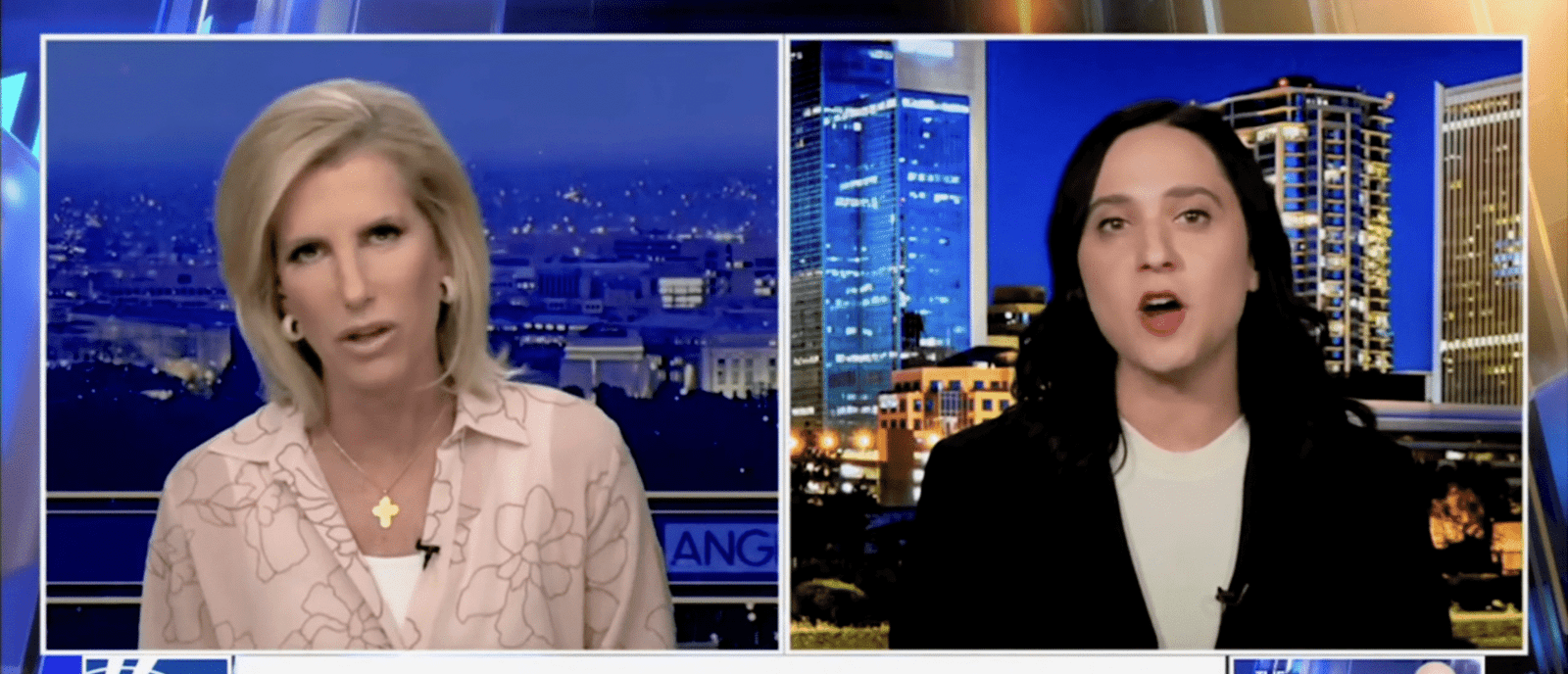Gov. Gavin Newsom has threatened to call a special session this fall as lawmakers waver over an energy bill they want to pass this week before the Legislature recesses for the fiscal year, according to a source involved in the state legislative negotiations.
The governor issued the last-minute ultimatum this week during closed-door meetings with Assembly Speaker Robert Rivas (D-Hollister) and Senate President pro tempore Mike McGuire (D-Healdsburg). The threat was a response to oil industry pressure on lawmakers to reject Newsom's proposal to require refiners to maintain stable inventories to prevent fuel shortages and price spikes when equipment is offline for maintenance.
The bill is part of a package on energy costs that the governor's office is negotiating with the Legislature. The governor is seeking legislation that would offer discounts on electric and gas bills to customers, speed up environmental reviews for clean energy projects and require oil refiners to maintain reserves. Some environmentalists have criticized the plan to speed up environmental reviews.
Mary Creasman, CEO of California Environmental Voters, said the state needs to speed up the development of clean energy and clean energy infrastructure, but it needs to do so in a way that protects biodiversity and allows enough time for community engagement.
“Trying to push through a solution to this problem at the last minute every year is not a strong and effective way to address the toughest issues facing our state,” Creasman said.
A special session would force lawmakers to return to Sacramento this fall instead of when the regular session begins in January, potentially cutting into their time to spend with families and campaign in their districts.
House Democrats, in particular, are concerned that new restrictions on oil refiners could lead to higher gasoline prices, according to people familiar with the discussions. Rivas shared Newsom's concerns and threatened to call a special session to give lawmakers time to consider the proposal. The House is open to calling a special session if necessary, the people said.
The governor's threat is not necessarily unfounded, as he called a special session of the legislature two years ago to impose excessive profits on oil companies after his fight with big oil caused gasoline prices to soar.
Lawmakers ultimately balked at imposing penalties during the last special session, prompting Newsom to reevaluate his demands and instead call for more transparency from the industry.
Instead of capping refinery profits and imposing fines, Newsom and lawmakers gave state regulators the power to do so in the future. Consumer advocates and the governor hailed the legislation as a landmark step to stop gasoline price hikes.
The law created the Office of Oil Market Oversight within the California Energy Commission and gave it the power to gather new data from the industry to study price hikes. Earlier this year, the office I wrote a letter Based on its findings so far, it recommended the state impose minimum inventory and replenishment requirements on refiners, saying oil companies were not holding enough refined gasoline to make up for production shortfalls or protect against the impacts of unplanned maintenance.
Governor Newsom said last week he would continue his fight against oil, asking lawmakers to give regulators the power to mandate new supply requirements for oil refiners.
“High prices at the pump are a profit surge for big oil companies,” Governor Newsom said in a statement at the time. “Refiners should be required to plan ahead and replenish supplies to stabilize prices, instead of jockeying to make even more profits. Forcing refiners to act responsibly and maintain gas reserves will save Californians money every year at the pump.”
While Governor Newsom is taking a tougher stance on refiners, he is also seeking to delay some existing law to give the industry more time to submit leak detection and response plans for existing wells. The proposed changes would not affect the ban on new permits for oil wells within 3,200 feet of homes, schools, parks or hospitals, a key part of the original law that went into effect this year after the oil industry agreed to keep a referendum on Senate Bill 1137 off the 2024 ballot.
California Department of Finance spokesman HD Palmer said the Newsom administration had asked lawmakers to delay the new leak detection plan to give the state more time to implement that part of the law. He said current staffing levels “are insufficient to move quickly through the implementation of SB 1137.”
Budget Trailer Bill The statement, released Tuesday evening, likely reflects a compromise between the governor, lawmakers and environmentalists over the delay.
The governor's office and the speaker's office declined to comment on the possibility of a special session, and a spokesman for Governor Maguire did not immediately respond to a request for comment.
















